Table of Contents[Hide][Show]
An essential oil extracted from the bitter orange plant , petitgrain oil is slightly different from bitter orange oil. Taken from the leaves and green twigs of the plant, it has a greenish, woody smell that is popular in perfumes and colognes.
Like most citrus oils, petitgrain is also great in cleansing formulas. It has a natural ability to leave you with a fresh, calm feel on the skin.
Petitgrain oil is related to neroli and bitter orange,
but has its own unique composition.
A Little Bit About the Ingredient Itself
Scientifically called Citrus aurantium var. amara, the bitter orange plant gives up petitgrain oil when its twigs and leaves are treated with steam distillation. The bitter orange also produces neroli (from the flowers) and bitter orange (from the rinds of the fruits) oils, but petitgrain has its own unique composition, and particularly its own unique aroma.
Native to Italy and France, petitgrain (“little grain”) got its name from the fact that it used to be taken from the small, unripe oranges of the plant. This diminished the yield of bitter orange oil from the mature fruit later in the season, however, so today the oil is taken from the leaves and branches of the young trees.
Petitgrain is pale yellow in color and has a bright, orange scent with a woody undertone—not as sweet as sweet orange essential oil. Aromatherapists say the scent is uplifting and refreshing.
Petitgrain’s Benefits to the Skin
Petitgrain has a long history of helping those with sensitive skin. It’s perfect in cleansers, as it leaves the skin clean and toned, while reducing clogged pores. Other benefits of petitgrain oil include:
- Balancing: Petitgrain is a light oil, with the perfect combination of balancing and cleansing properties. This makes it great for oily skin types, as it provides some moisturization, but helps balance oil.
- Toning: After using petitgrain, you may find that your pores appear smaller. That’s because this oil helps tone skin so that it appears smoother and more flawless.
- Aroma: Many manufacturers use petitgrain because of its unique, woody scent. Just this property alone makes the oil valuable in cleansers, as it helps you to feel renewed and can contribute to a new sense of self-confidence as you go about your day. It’s also frequently used in natural deodorants.
Try It!
Because of its oily skin properties, we’ve used petitgrain oil in our Herbal Facial Oil for Oily Skin. Try it out and see if you can detect the refreshing, woodsy scent.
Do you enjoy petitgrain in a diffuser or in other ways? Please share your tips.
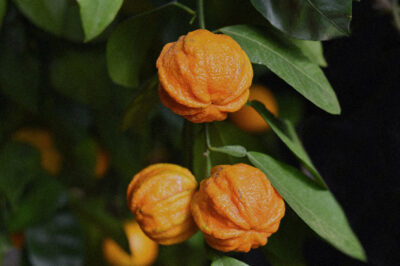

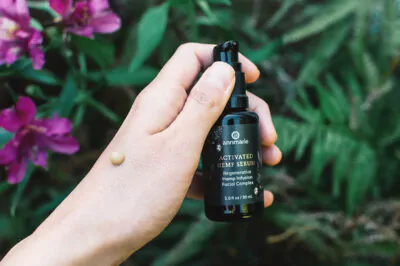
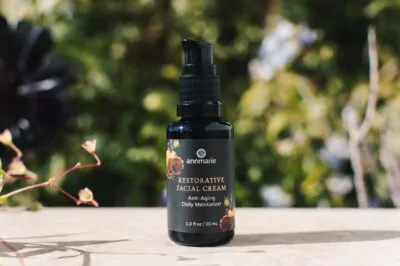
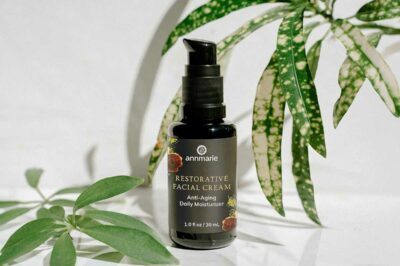

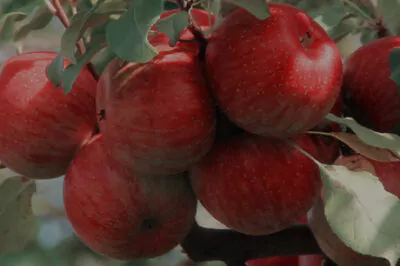
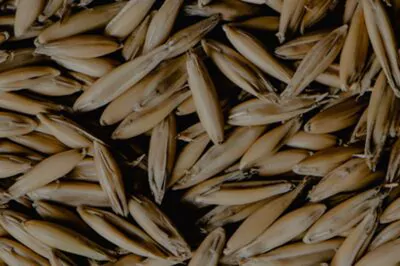
Hi. How does Petitgrain encourage lymphatic drainage? Thanks. Erin